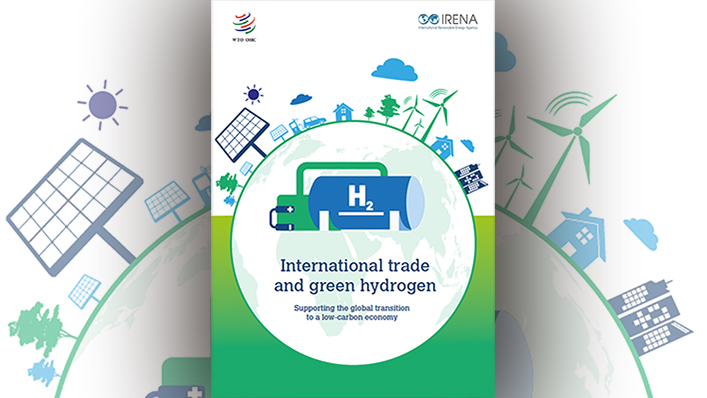
Unlocking Global Business: International Trade Law Tips
International trade brings vast opportunities, but it also comes with complex legal considerations. In this article, we delve into essential tips for navigating international trade law, providing businesses with insights to foster success while staying compliant in the global marketplace.
Understanding the Framework: Foundations of International Trade Law
At the core of successful global business lies a solid understanding of the framework that governs international trade. International trade law encompasses treaties, agreements, and regulations that shape cross-border transactions. Businesses must grasp this foundation to navigate legal complexities and ensure compliance.
Comprehensive Compliance Programs: Building a Legal Shield
Implementing comprehensive compliance programs is paramount for businesses engaged in international trade. These programs should cover trade regulations, customs laws, and sanctions compliance. Building a legal shield through robust compliance measures safeguards against legal pitfalls and reinforces ethical business practices.
Tariff and Customs Considerations: Navigating Import and Export Duties
International trade involves navigating tariff and customs considerations. Businesses must be aware of import and export duties applicable to their products. Staying informed about changes in tariff schedules and customs regulations is crucial for cost-effective global trade operations.
Documentation Precision: Mitigating Risks in Transactions
Precision in documentation is a key aspect of successful international trade. Accurate and complete documentation minimizes the risk of disputes and facilitates smooth transactions. Businesses should pay meticulous attention to details such as invoices, bills of lading, and certificates of origin to avoid legal complications.
Intellectual Property Protection: Safeguarding Innovations Globally
International trade exposes businesses to diverse markets, necessitating robust intellectual property (IP) protection. Companies must secure trademarks, patents, and copyrights globally to safeguard their innovations. Understanding international IP laws and enforcing rights across borders is crucial for sustained business success.
Incoterms: Clarifying Responsibilities in Contracts
Incoterms (International Commercial Terms) play a crucial role in international contracts. These standardized terms define the responsibilities of buyers and sellers regarding the delivery of goods. Businesses should carefully choose and clearly communicate Incoterms in contracts to avoid misunderstandings and legal disputes.
Dispute Resolution Mechanisms: Planning for Legal Contingencies
In the complex landscape of international trade, businesses should plan for legal contingencies by incorporating effective dispute resolution mechanisms in contracts. Options such as arbitration or mediation can provide efficient alternatives to lengthy and costly litigation in cross-border disputes.
Sanctions Compliance: Navigating Restricted Territories
International sanctions present challenges for businesses operating globally. It is essential to stay updated on sanctions imposed by different countries and ensure compliance with trade restrictions. Conducting thorough due diligence on business partners and customers helps prevent inadvertent violations.
Cultural Sensitivity: Adapting to Global Business Environments
Successful international trade goes beyond legal considerations; it requires cultural sensitivity. Understanding the cultural nuances of trading partners fosters positive relationships and mitigates potential misunderstandings. Cultural awareness enhances communication and contributes to successful business transactions.
Continuous Monitoring and Adaptation: Staying Ahead of Changes
The landscape of international trade law is dynamic, with regulations evolving over time. Businesses should engage in continuous monitoring of legal changes, trade policies, and geopolitical developments. This proactive approach allows businesses to adapt swiftly to changes and maintain compliance in a constantly shifting global environment.
International Trade Law Tips: A Valuable Resource
For comprehensive insights and practical tips on navigating international trade law, visit International Trade Law Tips. This resource serves as a valuable guide for businesses engaged in global trade, offering in-depth information and resources to navigate the intricacies of international trade law successfully.
In conclusion, thriving in the realm of international trade requires a strategic blend of legal acumen, compliance measures, and cultural awareness. By understanding the legal framework, implementing robust compliance programs, and staying adaptable to global dynamics, businesses can unlock the vast opportunities that international trade offers while navigating legal complexities.




